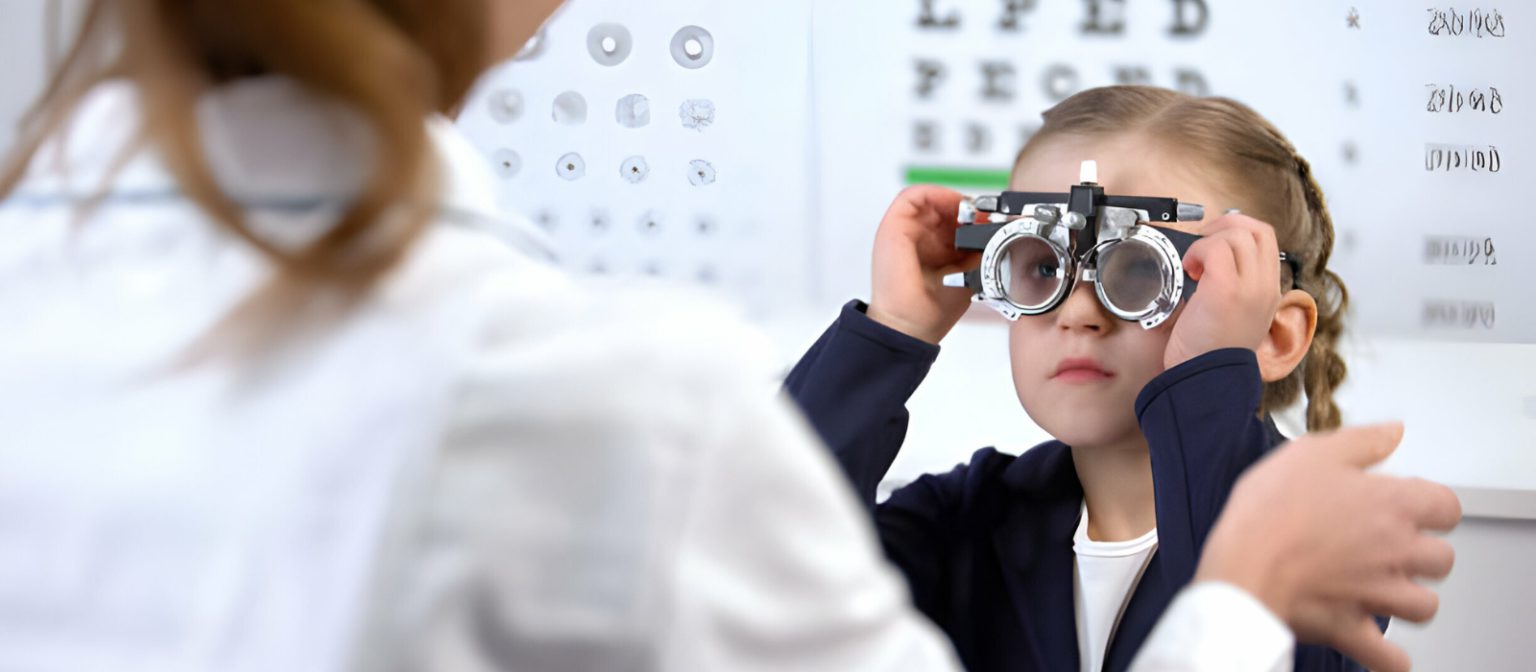Our Services

What is ophthalmology?
Ophthalmology is a branch of medicine specializing in the diagnosis and treatment of eye disorders. Ophthalmologists, also known as eye doctors, are medical professionals who have?completed extensive training in all aspects of eye care, including:
Medical –?Examining eyes for diseases and conditions, prescribing medications, and managing chronic conditions.
Surgical –?Performing delicate procedures to address cataracts, glaucoma, retinal issues, and other problems.
Vision correction –?Recommending and fitting glasses or contact lenses.
Conditions Treated by Ophthalmologists
Ophthalmologists can diagnose and treat a wide range of eye conditions, including
Common problems –?Nearsightedness, farsightedness, astigmatism, presbyopia, dry eyes, eye allergies, and pink eye.
Chronic diseases –?Glaucoma, diabetic retinopathy, macular degeneration, age-related macular degeneration, and cataracts.
Injuries –?Corneal abrasions, foreign objects in the eye, and blunt force trauma.
Infections –?Bacterial, viral, and fungal infections of the eye.
Neuro-ophthalmological conditions –?Double vision, ptosis (drooping eyelid), and optic nerve problems.
When To See An Ophthalmologist
Everyone should have regular eye exams, even without vision problems. However, consider seeing an ophthalmologist if you experience:
– Sudden changes in vision, such as blurriness, loss of vision, or floaters.
– Eye pain, redness, or discharge.
– Double vision or drooping eyelids.
– Headaches are associated with eye strain.
– A family history of eye diseases.
Maintaining good eye health is crucial for overall well-being. Here are some tips
Schedule regular eye exams –?Follow your doctor’s recommendations for checkups.
Wear sunglasses that block UV rays –?Protect your eyes from sun damage.
Maintain a healthy lifestyle –?Eat a balanced diet, exercise regularly, and don’t smoke.
Practice good eye hygiene –?Wash your hands before touching your eyes and use eye drops as directed.
Know your family history –?Be aware of any eye diseases in your family.
